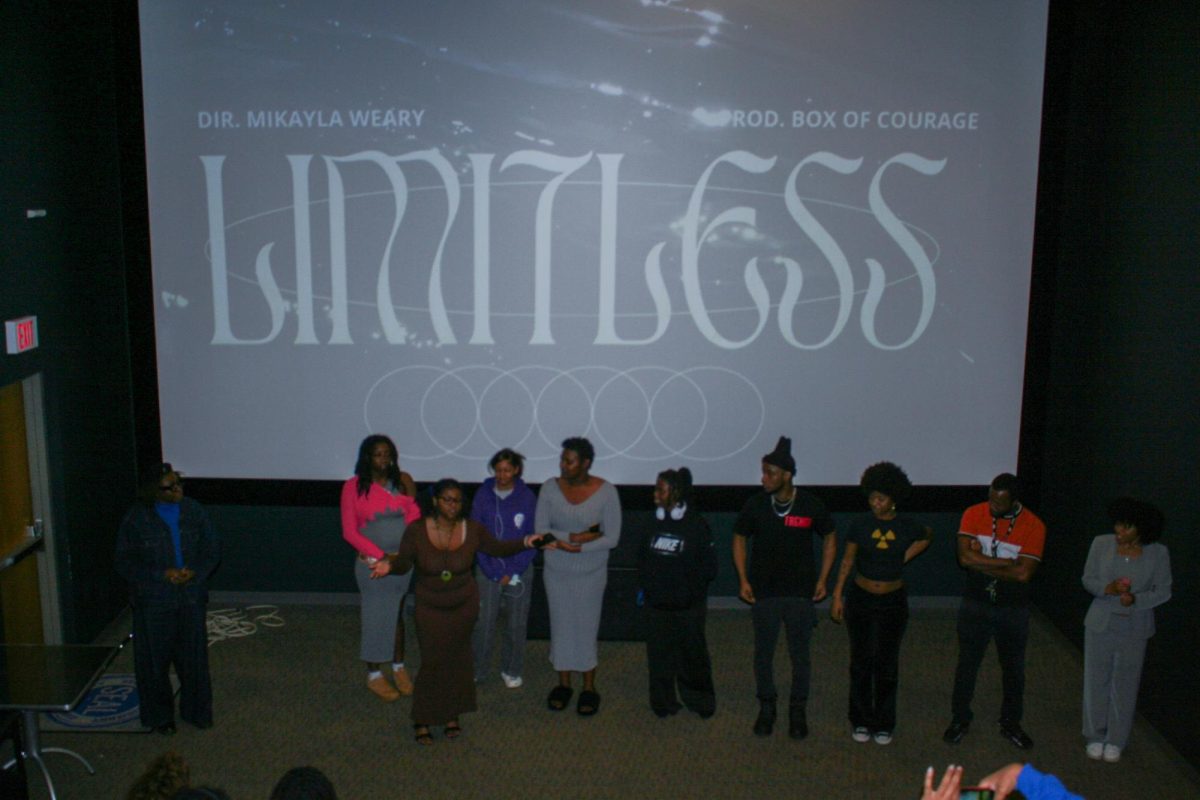Thanks to the advancement of new technology, members of the popular website Myspace will now give its users personalized ads. A hot spot for online social networking, the website will revamp its advertising tactics to target members based on their personal profiles, likes and hobbies
The idea is to use personal information found on users’ web pages as a new way to target members with advertisements. Fox Interactive Media, the parent company of Myspace, has spent the last six months trying to create a plan to toss away the typical, “click the monkey and win $1, 000,” method, and expand the marketing capabilities to target the 110 million active users according to their interests. The idea is to filter the advertisements on the website according to information such as financial status, groups, music and selective words from the”About Me” section.
This is all possible by technical teams crafting computer software to scan through profiles randomly in the form of “interest based targeting.” For example, a record label can promote a nation-wide tour to the individuals living in the cities that the tours will take place, rather than to the whole Myspace community. Some users say they think the new form of advertising is a good idea.
“I think it’s a phenomenal idea that marketers have taken what people love most, and applied it to their products. It may be beneficial to everyone because I think it’s going to decrease all the pops-ups and advertisements Myspace has,” said Monique McGhee, a freshman at Dillard. “Everyone who puts their information on web pages desire some form of related feedback. Myspace has just found a way to do this in the form of products. I’m often on Myspace and now I have another reason to continue to be an active user.”
These hi-tech advances will try to increase the likelihood of a user clicking an advertisement by 80 percent. This is a good time to bring attention back to Myspace, which has recently been losing its audience to its rival, Facebook. The plan is to attract more advertisers to Myspace and turn it from a $480 million a year company, into a $840 million business by 2008.
Opponents of the new advertising techniques, such as the Center for Digital Democracy are already planning to ask the Federal Trade Commission for an investigation into the deceptive and often privacy-invading online companies. Myspace defends their advertising plans by claiming to be only using public information.
Tom McKinley, a senior computer science major at Tulane University, opposes the idea.
“It isn’t fair to Myspace users constantly feeling like their being secretly targeted for our money,” said McKinley. “To make matters worse, they are peeking in to our personal lives for their profits. Until Myspace lets its users know what they are planning to do with their information, they are invading our privacy.”
Not only can these advertisements target one according to their profile, they can also reach anyone by their friends list, age, gender, and race; pushing the line between online advertisement and big brother-style marketing tactics even closer together. Other social networking websites such as Facebook are already planning on displaying advertisements by also using personal information as an ad filter.
“I started using Myspace first and didn’t care too much for Facebook. But when more and more of my friends were talking about Facebook, I naturally converted over too,” said Mike Oby, a senior at Dillard.. “When I log on to MySpace, it feels like the activity has died. MySpace fell off, and Facebook is the new face of online networking.”
Facebook, which has just recently increased the activities on the web site by adding 85 applications, is becoming the new dominant force of the web. The website claims to be more personal and private than other social networking websites, which makes it unique.
According to the company’s website, Facebook is a social utility that helps people communicate more efficiently with their friends, family and coworkers. The company develops technologies that facilitate the sharing of information through the social graph, the digital mapping of people’s real-world social connections.





























